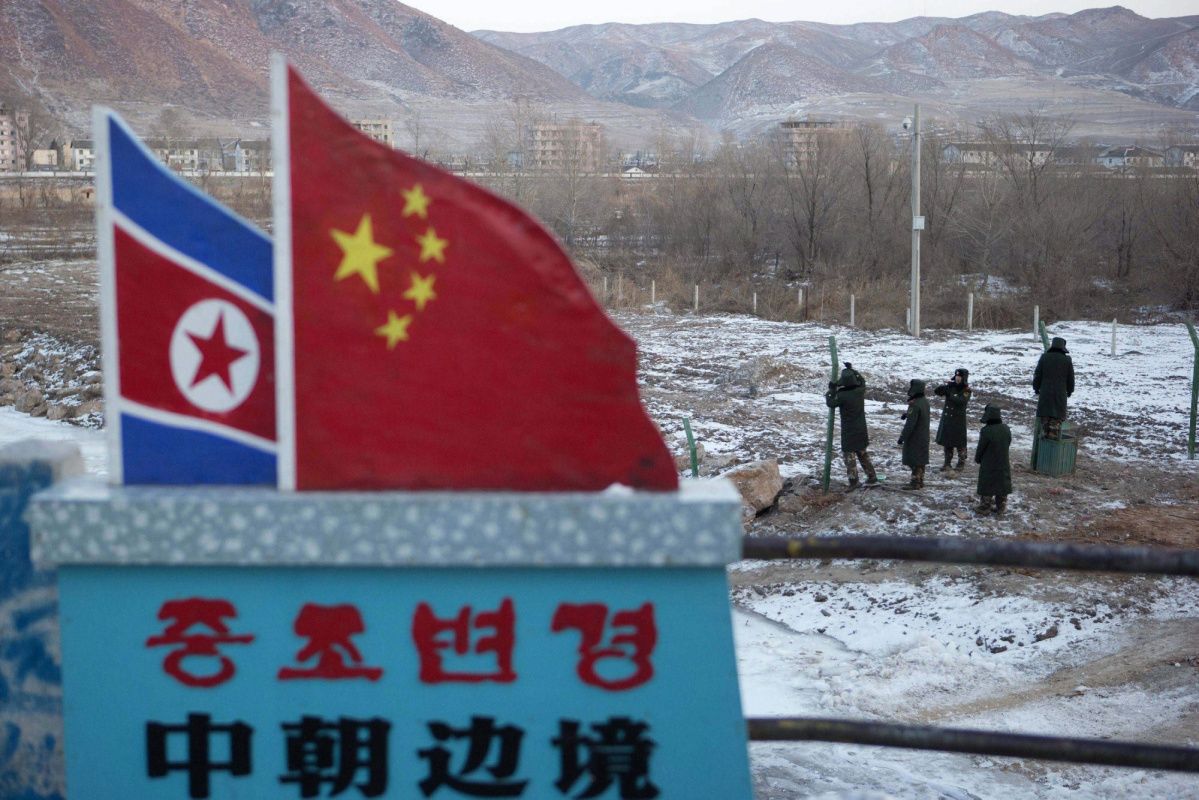The US Justice Department indicted 28 North Koreans and five Chinese on Thursday for operating a money laundering ring that moved billions of dollars through global banks to avoid nuclear sanctions on Pyongyang.
The network processed more than $2.5 billion through over 250 front companies across Thailand, Libya, Austria, Russia, China and Kuwait to evade sanctions, buy goods needed by North Korea and to enrich the suspects, according to an indictment filed in federal district court in Washington.
Most of those indicted were associated with a network of “covert” branches of North Korea’s blacklisted Foreign Trade Bank, and included two people who had served as presidents of the bank, Ko Chol Man and Kim Song Ui, and two vice presidents.
They were accused of using front companies to clear US dollar transactions through financial networks that transit the United States, which is illegal for the Foreign Trade Bank and other entities under US nuclear and trade sanctions placed on North Korea.
In the scheme which operated from 2013 until this year, the defendants and co-conspirators “concealed FTB’s involvement in US dollar payments from correspondent banks in order to trick the banks into processing the payments,” the indictment said.
Over that time, the US seized some $63 million of the money.
The indictment gave no information on how North Korea came by that sum of money, but it was intended for use for everything from luxury goods to supplies for the country’s nuclear weapons program, a US official said.
The regime of Kim Jong Un has struggled in recent years to overcome a tough UN-backed embargo on most trade and finance, set because it has defied demands to halt the development of nuclear weapons.
“Through this indictment, the United States has signified its commitment to hampering North Korea’s ability to illegally access the US financial system, and to limiting its ability to use proceeds from these illicit actions to enhance its illegal weapons of mass destruction,” said Michael Sherwin, the acting US attorney for Washington, in a statement.
In terms of the number of defendants, the indictment appeared to be the largest sanctions case brought against Pyongyang yet by the United States.
But it was, as one official characterized it, more of a “name and shame” case — there was no indication whether any of those named could be arrested or forced to stand trial.











